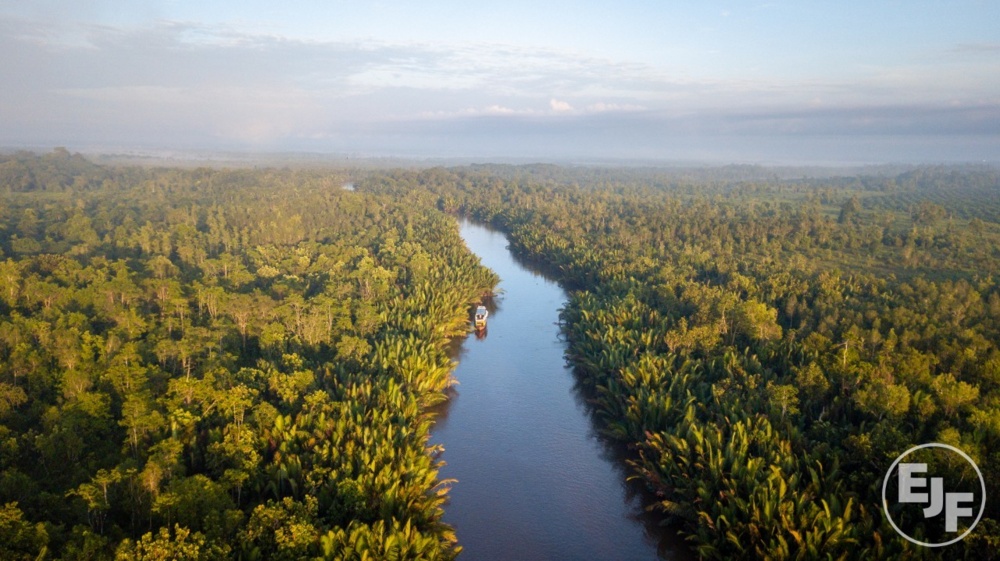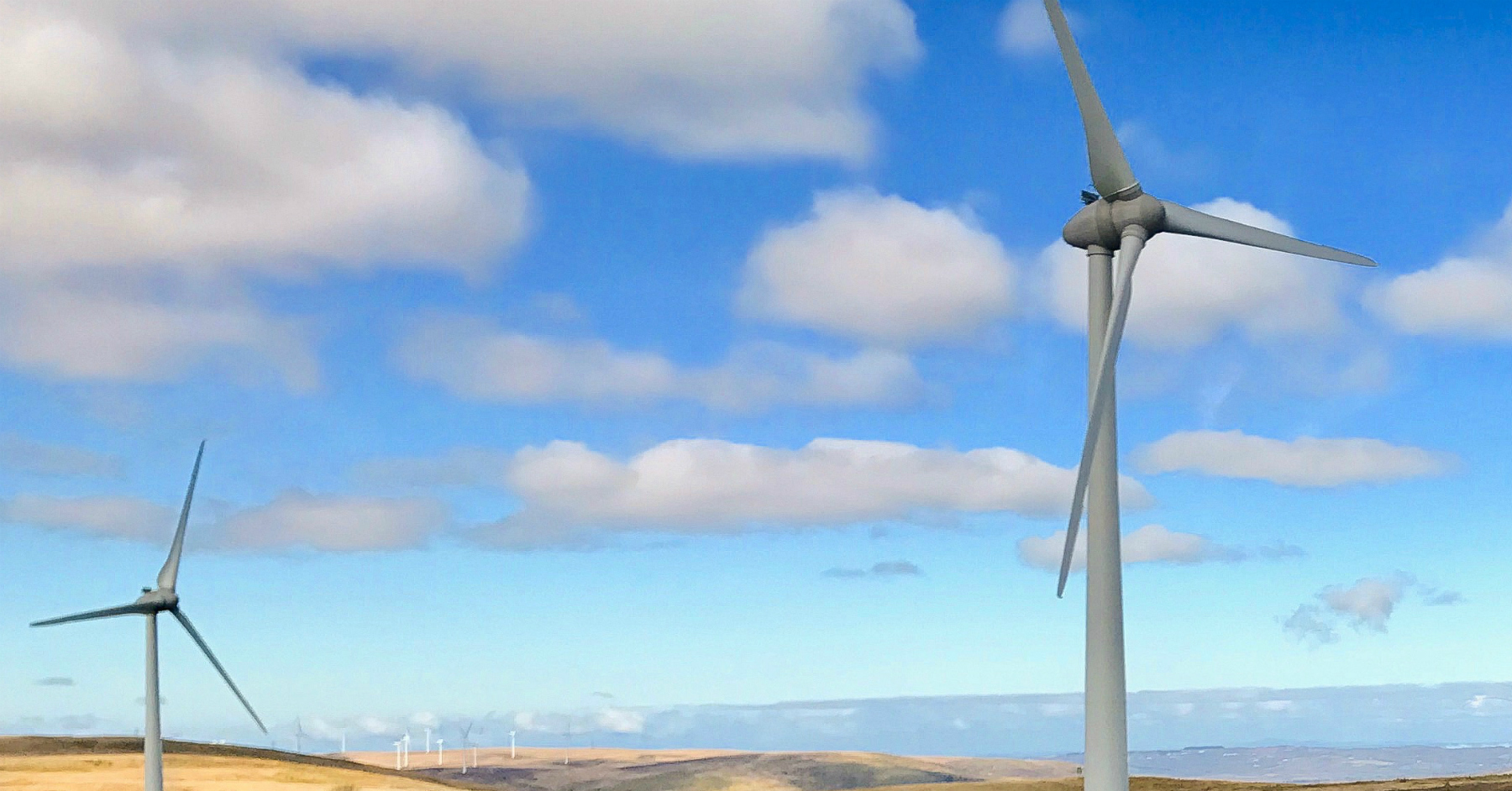
RED herring: Can the revised EU Renewable Energy Directive save the world’s forests?
Today, on International Day of Forests, the European Parliament begins deliberation on whether to pass the revision of the Renewable Energy Directive banning palm-oil biodiesel. The timing is apt: since the end of 2015 just 25 palm oil groups have cleared over 130,000 hectares of rainforest.
Last week, the European Commission finalised the draft – expelling palm oil from the EU’s green fuel targets, and binding countries to cut out palm-oil biodiesel completely by 2030. We asked you to sign Transport & Environment’s petition – saying no to palm oil fuel at the cost of forests, at the peril of wildlife, and the escalation of climate change – and over 650,000 of you stepped up.
EU citizens spoke loud and clear in the knowledge that palm-oil biodiesel can cause up to three times the greenhouse gas emissions of fossil diesel. This is largely because of deforestation and the destruction of wetland and peatland habitats, which provide vast stores of carbon.
If burning trees to plant crops to burn in cars sounds questionable in theory, the scale of deforestation is true madness. Around 24 million hectares of Indonesia’s rainforest was razed between 1990 and 2015 – an area almost the size of the UK.
This is the unconscionable erasure of the world’s most biodiverse places. The orangutan is a recognisable face of the rainforest, coexisting with the Bornean pygmy elephant, the Sumatran tiger, elephant and rhino, all of which are critically endangered. More than 100,000 orangutans have been killed in Borneo since 1999. When palm oil suppliers attack such rich ecosystems, it’s hard to set a limit on the casualties: if oil palm expansion reaches its full potential, it could affect over half of all threatened mammal species and 64% of threatened birds.
The EU Commission’s recognition of palm oil as unsustainable is a win for the world’s forests, and all who depend on them. But the act is compromised by conspicuous loopholes, allowing some palm oil into the pipeline as ‘green’ road fuel. Making exceptions for additional palm oil from “unused land” obscures a destructive reality: this land often provides essential support to local communities.
Another major loophole seems to protect small farmers but has the palm oil giants' best interests at heart. It exempts palm oil produced on plantations smaller than five hectares – despite the size of a plantation by no means guarding against deforestation. The shocking human rights record of palm oil companies – some of whom source over half their palm oil from independent plantations – has been documented by Amnesty and Friends of the Earth.
These loopholes look alarmingly like concessions to the powerful biofuels lobby, and Malaysian and Indonesian governments. A not-so-subtle statement from Indonesia this week warned that trade relations with EU states that have been most supportive of the draft regulation will be “examined”. Both governments are threatening to bring a World Trade Organization challenge against the EU.
The recast Renewable Energy Directive has been a long time coming – since the land use issue was first raised in 2012, and MEPS voted to phase-out palm oil in early 2018 – and it is likely that the milestone will be passed by the European Parliament. Indeed, the environment can brook little delay in this direction. But while there is continued deforestation, there is critical space for improvement.
EJF will be monitoring the likely abuse of the loopholes closely, returning to the frontiers of deforestation and the destruction of these life-giving environments.
- For updates on our emerging Forests campaign and other projects to protect people and planet, sign up to EJF's newsletter.
SIGN UP FOR OUR EMAILS AND STAY UP TO DATE WITH EJF

